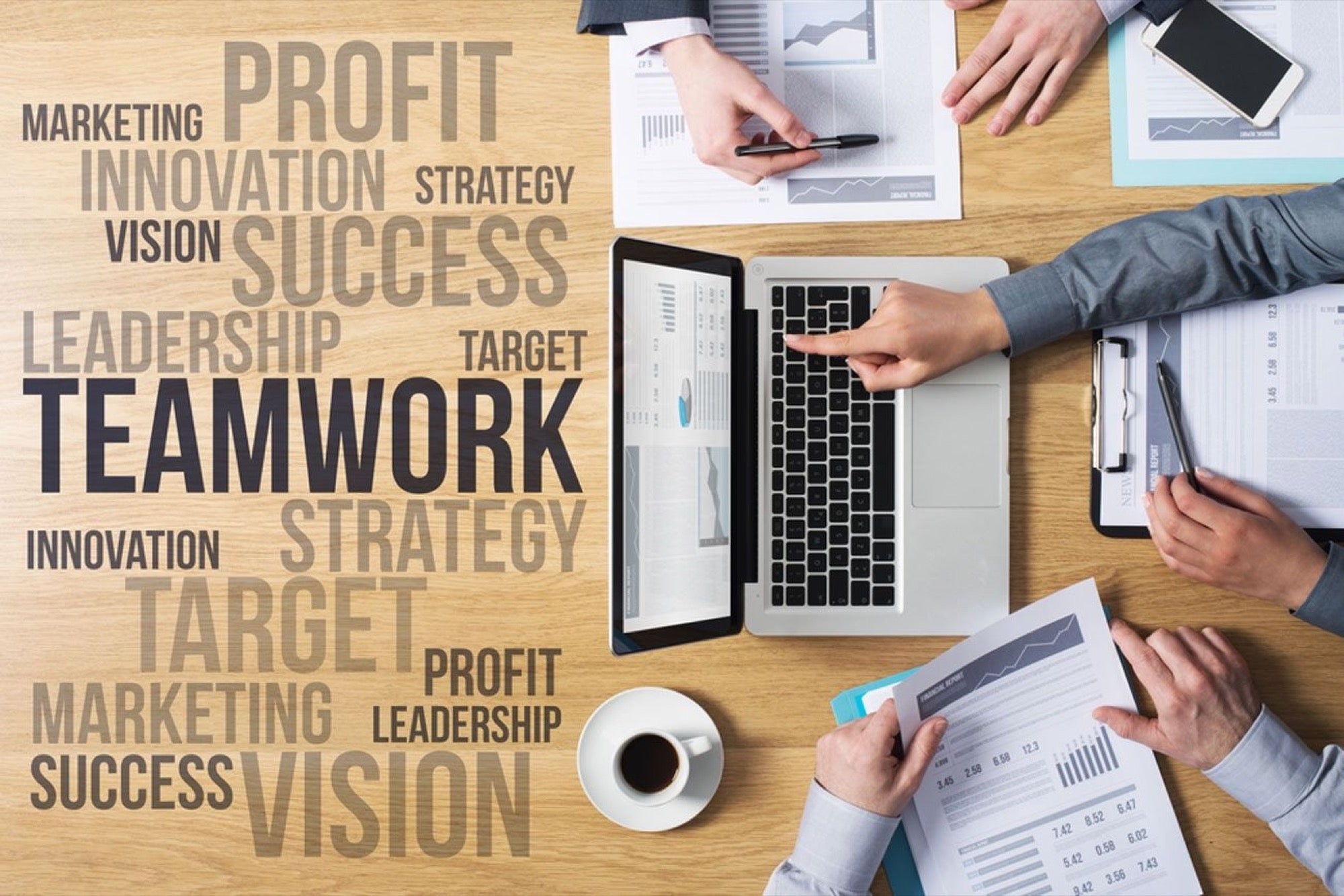5 Things to Keep in Mind While Building a Technology Startup From work culture to technology these hacks will help you to kickstart your startup
By Ravi Pardhi
Opinions expressed by Entrepreneur contributors are their own.
You're reading Entrepreneur India, an international franchise of Entrepreneur Media.

There are thousands of businesses you could start but how to ensure success. Stories about the founding of any company begin with motivation. Building a technology product startup can be daunting for new entrepreneurs. There are a few essential steps you need to take before starting a business.
Balanced team- For any startup, founders with complementary skill sets is absolutely crucial to increase their probability of success. The often mentioned 3H team – Hipster, Hacker, and Hustler are a reality for any startup in its early days. While the Hipster brings his/her creative genius and design sensibility to create a beautiful yet usable product, the Hacker is the full stack technology whiz-kid who ensures that the product works smoothly without any glitches. Finally, the Hustler carefully packages all these ingredients to make it a marketable product and forges important partnerships for consistent growth.
Product –Market fit – Often founders start building a product without any feedback from real users and end up developing a technologically amazing, yet practically unusable product that does not solve the pain point of end users. This approach is not only time-consuming but also can discourage the founders when they want to have a fresh start. Building a technology product involves multiple iterations and with a "build-test-scale' strategy, a startup can develop a strong feedback mechanism loop that is essential for course correction until it achieves product-market fit. For example, AirB&B launched several times before becoming a multi-billion dollar startup.
Technology-based DNA- It goes without saying that a technology startup needs to have a hyper-productive engineering team that is clued into the latest technology developments in both backend and front-end technologies. From code/feature upgrades to writing new lines of codes to bug fixes, the engineering team optimizes the product for best user experience and finally ships the product at lightning speed to stay ahead of the competition. For example, it's the technology focus of its founders and the early team right from the beginning that enabled Google to not just dominate search market but extend its offering to driverless cars and AI-powered smart devices and explore multiple, potentially billion dollar revenue streams.
Work culture- A startup in its early days is a chaotic place unlike an established company and not everyone is cut out for it. Finding an early team of A players with the right skill sets, passion and most importantly attitude is important. An A- team can turn a mediocre idea into success, however, a B-team cannot do much even with a genius idea. Retaining A-team is also important to prevent any disruptions at work. Therefore, it's crucial to build a culture that drives positivity, performance, respect and clear accountability very early on in a startup's journey. Look around for any successful technology company [Apple, Microsoft, Google, FB, LinkedIn, Youtube, Dropbox etc] and you will realize that it's the early A- team along with the founders who transformed a small startup into an industry titan.
Customer Centric – While a great UI/UX and an A-team with complementary skill sets are important for a startup to become a company, it also needs real customers who bring in much-needed revenues and customer experience with them. Companies that listen to the needs/pain points of their customers are better positioned to have engaged users /repeat customers which is a better parameter to gauze a startups success than mere new sign-ups. Therefore, it's crucial to have a customer-centric approach right from the beginning. For example, it's no secret that an unrelenting focus on customers made Amazon the world's biggest online retailer.










